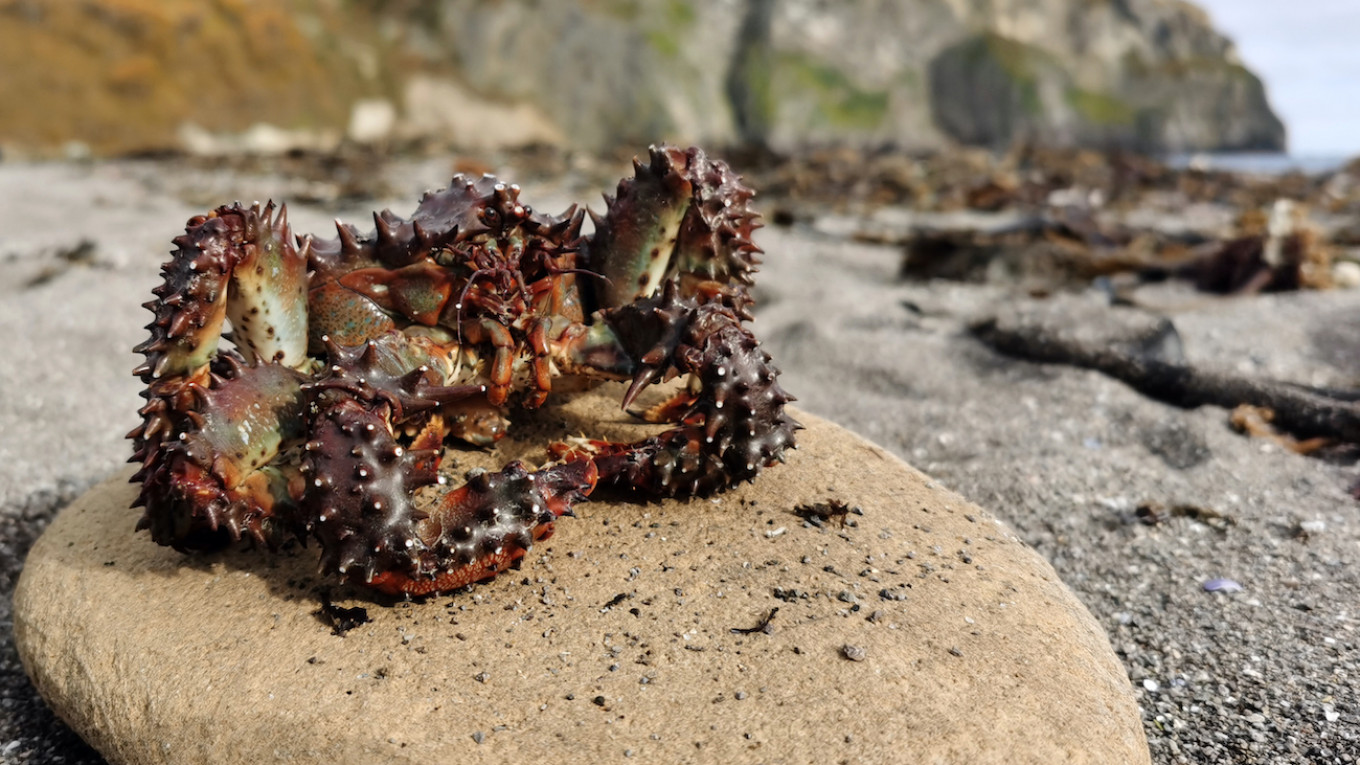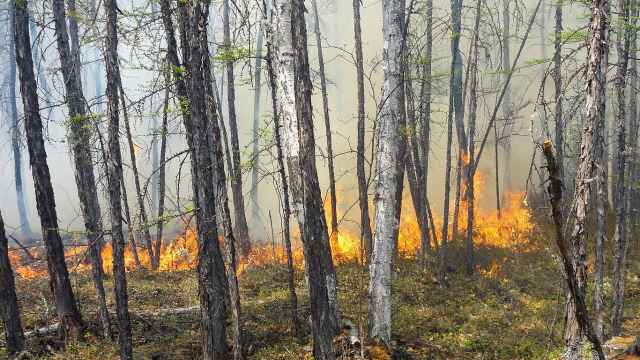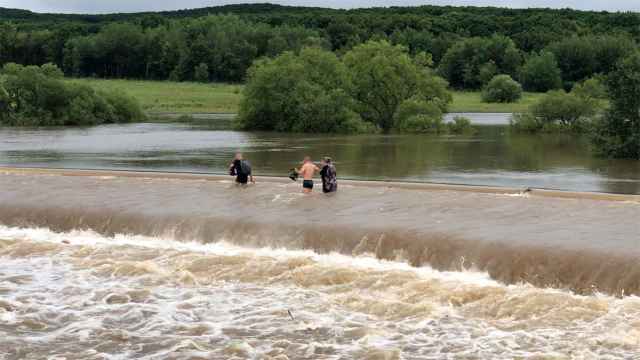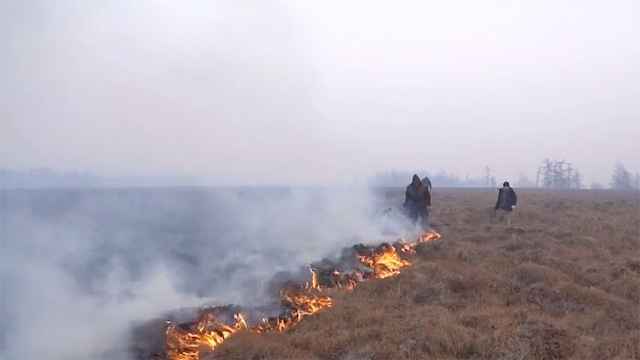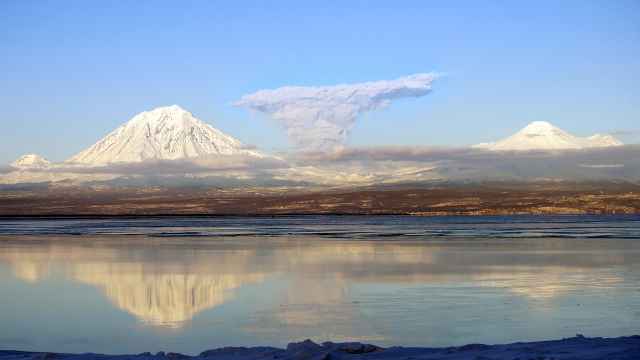Authorities in Far East Russia believe the recent mass deaths of marine animals along the Pacific coast could be the result of manmade pollution, natural phenomena or a volcano-related earthquake.
Kamchatka region governor Vladimir Solodov put forward the three theories after images showing hundreds of dead marine animals washed up on the shore of Khalaktyrsky beach, a popular tourist destination, went viral over the weekend. Local surfers and swimmers first noticed a potential problem three weeks ago when they reported experiencing eye pain, sore throats, vomiting and fever after going into the water.
“Pollution associated with human activity, with the spill of toxic substances, is among the considered versions” of what caused the disaster, Solodov said Friday.
“Scientists say this may also be due to a natural phenomena related to the behavior of algae that washed up on the shore during a storm,” he added. “We’re also looking into a theory of seismic activity linked to volcanoes.”
The governor said the authorities could not narrow down the leads until they receive comprehensive water test results.
Greenpeace said tests of water samples from around Khalaktyrsky beach showed petroleum levels four times higher than normal, and levels of the toxic organic compound phenol were also 2.5 times higher.
Regional health officials said nine people, including one child, who came into contact with the water had sought medical assistance for chemical burns between Sept. 26-29 and over the weekend.
They complained of red and burning eyes as well as blurred vision and were discharged after rinsing and administering antibacterial eye drops, the Kamchatka health administration’s chief freelance ophthalmologist Irina Zablotskaya said.
Regional and federal authorities have launched probes into the event that activists call an environmental disaster after it earned national media attention late last week.
Reports suggested a commercial oil tanker leak may have caused the contamination, but environmentalists countered that it may have come from a secretive plant located nearby.
The site of the deaths is also near one of the Russian Navy’s Pacific Fleet bases, which has denied that its activities could have caused the disaster.
A Message from The Moscow Times:
Dear readers,
We are facing unprecedented challenges. Russia's Prosecutor General's Office has designated The Moscow Times as an "undesirable" organization, criminalizing our work and putting our staff at risk of prosecution. This follows our earlier unjust labeling as a "foreign agent."
These actions are direct attempts to silence independent journalism in Russia. The authorities claim our work "discredits the decisions of the Russian leadership." We see things differently: we strive to provide accurate, unbiased reporting on Russia.
We, the journalists of The Moscow Times, refuse to be silenced. But to continue our work, we need your help.
Your support, no matter how small, makes a world of difference. If you can, please support us monthly starting from just $2. It's quick to set up, and every contribution makes a significant impact.
By supporting The Moscow Times, you're defending open, independent journalism in the face of repression. Thank you for standing with us.
Remind me later.


